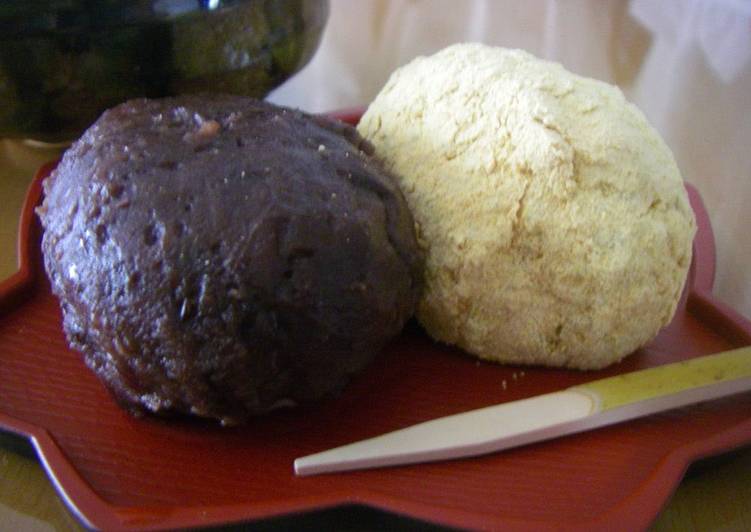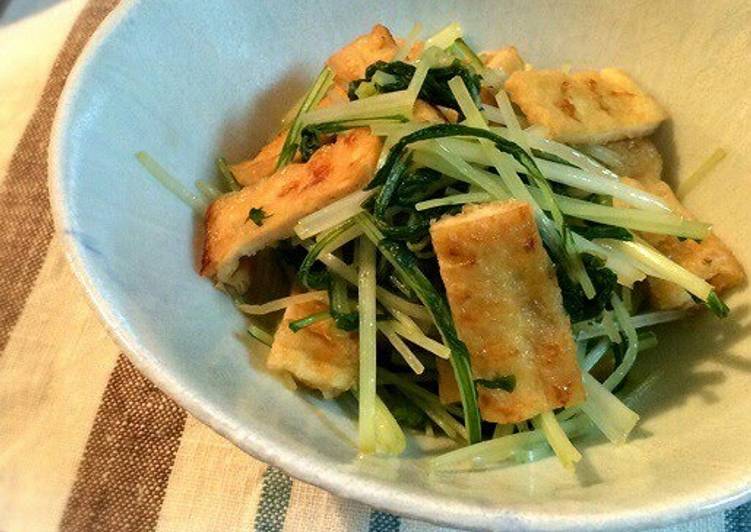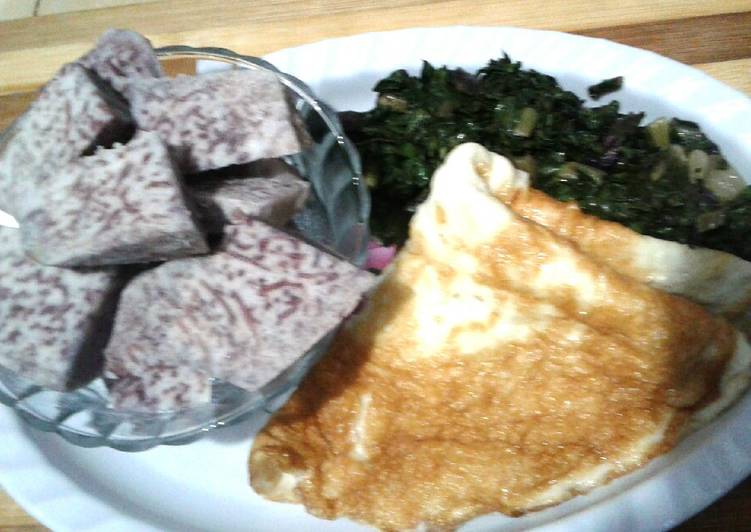
Hey everyone, it’s Louise, welcome to our recipe site. Today, we’re going to prepare a special dish, our family recipe for ohagi, passed down over three generations. It is one of my favorites food recipes. For mine, I am going to make it a little bit unique. This is gonna smell and look delicious.
Our Family Recipe for Ohagi, Passed Down Over Three Generations is one of the most well liked of recent trending foods on earth. It is easy, it’s fast, it tastes delicious. It’s enjoyed by millions daily. Our Family Recipe for Ohagi, Passed Down Over Three Generations is something that I’ve loved my entire life. They’re nice and they look wonderful.
Pierogis, Three Generations Off the Boat. A large contingent of immigrants from Poland found their way to "My great grandmother came over on a boat from Poland," says Kelly Watts King. It's never too late to start a new family recipe tradition that you can pass down to your kids and grandkids.
To begin with this particular recipe, we must first prepare a few ingredients. You can cook our family recipe for ohagi, passed down over three generations using 6 ingredients and 9 steps. Here is how you can achieve it.
The ingredients needed to make Our Family Recipe for Ohagi, Passed Down Over Three Generations:
- Take 250 grams Dried azuki beans
- Prepare 300 grams Sugar
- Prepare 1 pinch Natural salt
- Prepare 300 ml Mochi rice
- Prepare 200 ml White rice
- Prepare 1 Kinako
We would recommend you to bookmark our website so you can stay updated with the latest changes. I bent over Victor and took his hand. The man had lied to me. Nat watched them, and he watched the sea-birds too.
Instructions to make Our Family Recipe for Ohagi, Passed Down Over Three Generations:
- Rinse the adzuki beans and soak in a saucepan with enough water to cover. Bring to a boil and drain. Repeat this 2~3 times.
- Combine the beans with 5 times the amount of water in the pan and bring to a boil. Then turn down the heat to low, and cook until the beans are tender. Add water from time to time.
- This time, it took 1 hour and 40 minutes to cook the beans until they were tender. Now, you only need enough water to cover the beans. If there is too much water in the pan, discard. Then add sugar and salt. (Note: Don't add sugar before the beans become tender.) Cover and leave to stand overnight.
- The next morning, cook over low heat until there is not much water left in the pan. Make the regular white rice first. For the mochi rice, rinse and soak in hour for 1 hour, then cook in a rice cooker with the same amount of water as you'd use for regular rice.
- When the water in the pot is almost gone, stay close to the pan! Stir with a wooden spatula gently from the bottom. It's done when the adzuki beans drop slowly from the spatula. Leave to cool down. Don't worry if you think it's too soft, because it will thicken up a bit when it cools down.
- When the rice is cooked, mash while it is still hot, using a moistened wooden pestle. Mash the rice until it is still a bit lumpy. You won't waste any ingredients if you match the number of rice balls and anko portions. We always use kinako powder to use up the leftover rice.
- For anko ohagi: Put a piece of cling film on your hand and put 1 portion of anko on top. Flatten the anko. Place a rice ball on top. Wrap the anko around the rice ball.
- For kinako ohagi: Wet your hands and flatten a rice ball on your hands. Put a small portion of anko on top. Make a barrel-shaped rice ball using both hands. Coat with a loooooot of kinako powder. (We don't add any sugar to the kinako as it gets sticky after a while, but it's up to you).
- These are our pride and joy! We make a lot to share.
Down in the bay they waited for the tide. Nat, tramping home across the fields and down the lane to his cottage, saw the birds still flocking over the western. Our children and grandchildren are shaped by the genes they inherit from us, but new research is revealing that Over several repetitions, the mice associated the smell of cherry blossom with pain. But if trauma is shown to be passed down the generations in humans in the same way as it appears. Recipes brought over from the "old country" or even homemade recipes created by a great grandmother make excellent family traditions because cooking together Passed down stories, whether the stories are verbal or old paperback books, are great ways to pass down family values.
So that is going to wrap this up for this exceptional food our family recipe for ohagi, passed down over three generations recipe. Thank you very much for your time. I am confident you can make this at home. There is gonna be interesting food at home recipes coming up. Remember to bookmark this page on your browser, and share it to your loved ones, friends and colleague. Thanks again for reading. Go on get cooking!

